The US hegemonic doctrine shift from invasion to violent extremism
By Mehrdad Torabi
To restore its lost hegemonic domination over Latin America, Western Asia, and other parts of the world, especially in the face of newly emerging powers, the United States cannot afford anymore resorting to brute force like that of invasions of Afghanistan or Iraq. With economic difficulties and consequently the rise of far-right populism amongst constituencies of the so-called liberal international order, it is now more facile to make sense of the phrase “were globalism attempted, the hegemon might find itself dying in the attempt to dominate, or partly dominating and living a life worse than death.”
The world has been split into a bipolar structure where multilateralism has balanced unilateral and hegemonic domination. Both invasion and economic terrorism have failed to preserve the status quo system in favor of the powerful.
Through sanction regimes, the monopoly over science, markets, and power was supposed to be preserved. Yet oppressive measures enhance determination. Determination for self-reliance in periphery countries then was perceived as a threat to the Western hegemony—the imperialist core. Dominating by getting every state in the system hooked on capitalism and integrating states into more and more institutions required the imposition of brutal policies, all of which, however, achieved nothing except for further self-esteem and self-sufficiency for the periphery.
Iran’s steps to produce enriched uranium metal, for instance, to develop fuel for research reactors proves my point: recent power outages, affecting lives in hospitals, first and foremost caused by inhuman sanctions of the imperialist US, have added to the Iranian scientists’ commitment to look for more efficiency and sufficiency in the field of energy production. Moreover, the “maximum pressure” campaign, devised by a fanatic populist and its right-wing warmongering faction and continued by a second hypocritical establishment, has added to the illegitimacy of the JCPOA guaranteed by the international law and legitimacy of a new nuclear deal based on power.
The trend of the international political economy is full of strong empirical support as proof for the dissolution of the international hierarchy. Latin America has never seen such an alliance of anti-imperialism balancers: candidates on the left appear poised for victory in Chile, Colombia, and Brazil, while leftists already running Cuba, Argentina, Mexico, Venezuela, Bolivia, and Peru.
In West Asia, the belief that a transformed military could achieve rapid, decisive victory was built on the idea that war-winning and peace-winning were the same things; US wars demonstrated the very real tensions between technologically focused paradigms for delivering conventional success and highly political demands of nation-building scenarios: the region is now being dominated by the resistance axis, a popular resistance movement. China on the rise, as well, will continue to change the international structure by obtaining more and more markets across the globe.
The world has been split into a bipolar structure where multilateralism has balanced unilateral and hegemonic domination. Both invasion and economic terrorism have failed to preserve the status quo system in favor of the powerful.
Terrorist tactics have always been used by the United States and its allies in conventional warfare here and there: The US and the UK fired more than 300,000 depleted uranium rounds during the invasion of Iraq; hundreds of cancer and birth defect cases are recorded every month, and the figure is clear evidence of the extent of war crimes committed by the US-led coalition forces. Indiscriminate bombings of the Iraqi civilians, people in Yemen, Gazans, or the Afghans were aimed at generating fear through targeting large audience beyond the immediate victims.
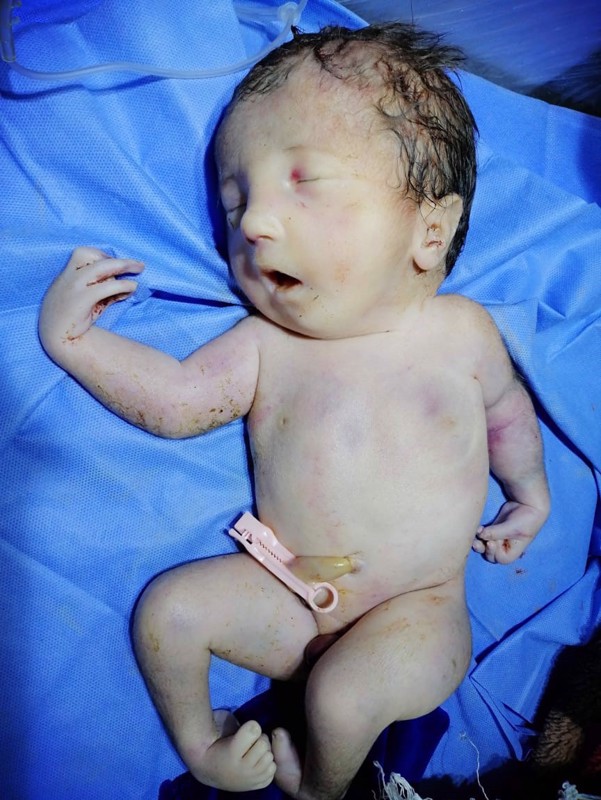
What catches my attention, however, is the shift in US hegemonic doctrine from invasion to support of extremism and radicalism.
In the face of economic difficulties, Western countries, to date, pay significant attention to counter radicalism and extremism through a diverse range of policies that are often seen as discriminatory towards local communities. Having failed to devour the world, however, radicalism and violent extremism seem to be, once again, at the center of attention in liberal doctrine. Sponsoring non-state actors to carry out terror tactics is not a new phenomenon: the 1961 CIA-sponsored terrorist activities directed towards Cuba (the bay of pigs invasion) is just one example among many.
After the collapse of the USSR, no other great power existed to challenge the United States. Revolution in military affairs (RMA) had convinced the US ruling elites that direct invasion was the only easy and effective possibility for a global reign. Somalia, Serbia, Afghanistan, Iraq, Lebanon, Yemen, Lybia, Syria, and Gaza Strip were among victims of direct intervention as the US military doctrine.
As mentioned before, the growth of popular resistance culture among anti-imperialist forces and increased power of popular revolutions from below (such as the Islamic Revolution of Iran) balanced the destructive military force of the tight alliance of regimes loosely centralized around the United States. As popular resistance adapted to the RMA superiority, conventional military success seemed no longer feasible. Syria, then, became one of the first victims of a hybrid form of warfare, a blend simultaneously of conventional and terrorist techniques, which involved extremism. Imperialist plans of global arrogance, nevertheless, failed in Syria. The more and more Western countries lost their imperialist interests in the region, the more they felt the necessity of supporting extremist and radical cells to carry out their plans for them.
But extremism needs to be fed to grow. Propaganda and misinformation media campaigns, as well as sanctions targeting the population and making them suffer, are tools to provoke the people and destabilize independent nations. On the other hand, in the face of conventional military failures, Western imperialism is expected to be funding experienced terrorist organizations more than ever to recruit and to establish their radical milieu as a basis for carrying out irregular warfare through terrorist tactics. In short, the anti-imperial alliance of resisting nations, now economically more independent, with more powerful conventional militaries, is facing a new challenge in the strategic realm of international relations. The US’ hegemonic doctrine is shifting from invasion towards color revolutions, extremism, and radicalism backed by guerrilla, moving amongst the people as a fish swims in the sea.
Idlib province, the latest stronghold of al-Qaeda terrorists in Syria, remains under full support of the imperialist West, while the Syrian people, who have liberated their country from the chains of imperialism and terror, suffering under Western brutal economic sanctions. A bipartisan group of US lawmakers will address an online gathering of the Mujahedin-e-Khalq (MKO), a terrorist organization that has carried out numerous attacks against Iranian civilians and government officials since the Islamic Revolution in 1979, while dozens, or maybe hundreds, of networks, such as BBC Persian, VOA, and Iran international, in step with peremptory demands of some warmongering “regime change” advocates, use people as artillery support under a constant bombardment of disinformation campaigns to develop instability.
From Lebanon to Venezuela, other nations face the same threats imposed by a new doctrine that advocates sanctions, radicalism, social turmoil, assassination, and terrorism.
During the past six decades, Washington has maintained its inhuman sanctions on Cuba, which have led to a shortage in medicine, power outages, and other economic difficulties. “The logic [of recent protests in Cuba] is simple here,” as Russian Foreign Ministry spokesperson Maria Zakharova also noted: it is in line with time-tested techniques exercised by the United States to instigate color revolutions against independent (and therefore undesirable) nations.
The anarchy of the international system should be enough to justify the development of our conventional military capabilities. But in today’s context, under a new US hegemonic doctrine, conventional military capabilities are inadequate. Not only does the balancing alliance need to master the art of irregular warfare against dominant RMA powers—mass production of affordable but effective strategic and tactical missiles/drones for instance—but also the new context necessitates new common strategies to counter radicalism that may lead to terrorism.
The first is to further develop our independent economies; radicalism as a process can be traced back to social and economic difficulties. The military forces of allies should be tasked with providing secure trade lines between resisting nations under sanctions. Without trade with developing countries that oppose the monopoly of the powerful over the capitalist market, economic growth is improbable. The global south cannot expand an independent economy by maintaining trades with developed countries. That is because, at the end of the day, they will remain to be consumers, importing high-value-added products and exporting food or energy to feed the powerful.
Violent extremism is a virus, flowing from radicalizer to radicalized, infecting, spreading, infiltrating. It is a no less dangerous contagion than the coronavirus, an affliction, and a plague. The proposition seems to be true in the age of digital outreach. Communication to radicalize and recruitment happen on media platforms. Also, media are used by terrorists to spread the end goal of terrorism, that is fear. Face-to-face communication, as well, must be of high importance for our governments when they consider taking measures to observe the radicalization process in our communities for countering terrorism.
Radicalism and violent extremism are contagious and need to be observed by policies and measures. When it comes to regulating and observing virtual and physical contact, drawing the line between security and liberty, while boundaries are not so clear, can be, of course, a great challenge for states. Regulating media may have a negative impact on free speech, data mining may undermine individual rights, and observing communities at risk of becoming risky through means of surveillance can be counterfactual. And yet it is possible to both provide security by aforementioned means and preserve liberties at the same time through a motivational approach.
Security and liberty both can be achieved at the same time. Providing incentives aimed at integrating suspect communities into the larger community, from sports clubs to institutions that operate at the community level, can be useful. Pedagogy, as well, is another effective incentive. Philosophy of creativity stresses art as a self-psychotherapeutic tool for individuals to adapt themselves to the difficulties of reality. Art connects fractured societies to the larger community. These are all incentives that can be juxtaposed with policies that accentuate the issue of security. Without these preemptive measures, violent extremism will spread, and when the radicalized (the MKO supporter, let's say) becomes a terrorist, consequences can be grave.
Terrorist cells move and operate internationally. Terrorist agents of the Zionist regime, assassins of Iranian nuclear scientists, may operate in other parts of the world as well. Counter-terrorism units in different anti-imperialist countries need to be coordinated under centralized command and control centers. Knowledge production, Intelligence sharing, secure communication lines, and so forth necessitate the establishment of joint research centers and intelligence agencies as well as cooperation in the fields of artificial intelligence and cybersecurity.
Closer ties and cooperation would tremendously help improve security among allies who share the same strategic goal of defying the US’ malicious behaviors. In the field of counter-terrorism, we have successfully repelled Daesh takfiri terrorist threats in the region; experiences obtained and our tactics could be shared with our strategic allies who face the same threats. Our military doctrine, however, could still be improved to make more sense politically as well. In the current context, which I tried to explain, we shall tilt our focus to peacekeeping operations, intelligence gathering, and efforts to heal fractured society-state relations. Afghanistan, as a neighbor, is in dire need of such measures, and the Islamic Republic's aid could be of great support to the establishment of regional peace. Yet countering terrorism is only a last resort: there is much room for preemptive measures to address conditions conducive to the spread of terrorism.
Violent extremism is contagious, and radicalism should be seen as a process. Exchange of information on terrorist groups and their support networks, exchange of views on means and methods used to counter-terrorism, including in technical fields and training, and exchange of experiences in respect of terrorism prevention demand closer ties and coordinated efforts. We need our own institutions, think tanks, research centers, agencies, media, and control centers to preventing violent extremism and countering terrorism.
Mehrdad Torabi is a postgraduate student of International Relations – University of Bologna, department of political sciences.
(The views expressed in this article do not necessarily reflect those of Press TV.)
VIDEO | Golestan: Iran's dreamlike garden
VIDEO | Fate of Gaza ceasefire
VIDEO | South Korea follows US demand, boosts military expenditure
VIDEO | Iran hosts 7th BRICS Meeting on Mega-Science Cooperation
Iran after a 'strong region free from foreign interference': FM
Tehran Stock Exchange index hits historic high
3 civilians injured by Israeli fire during incursion into Syria’s Quneitra
Iran’s wheat imports at $424 mln in Apr-Oct: IRICA


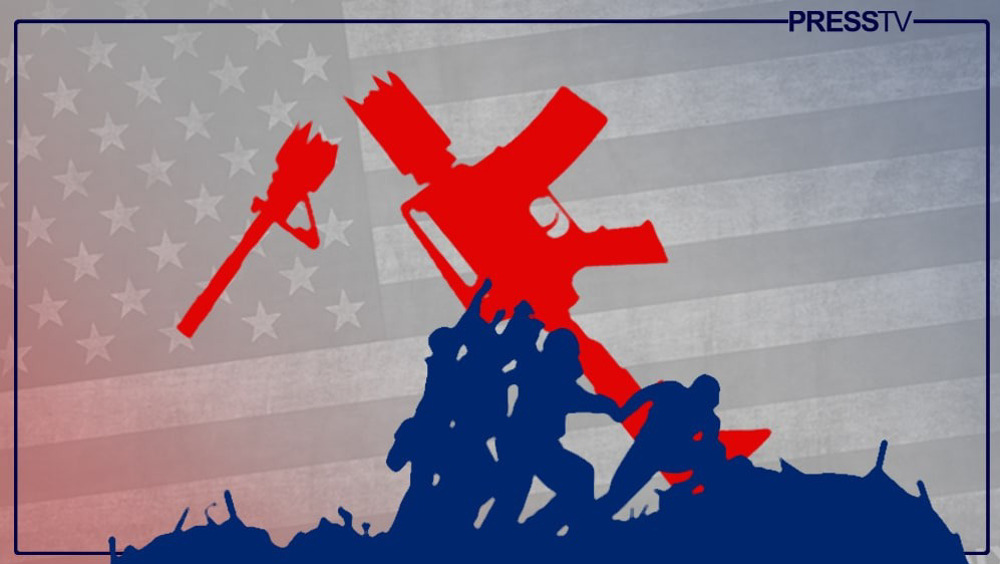
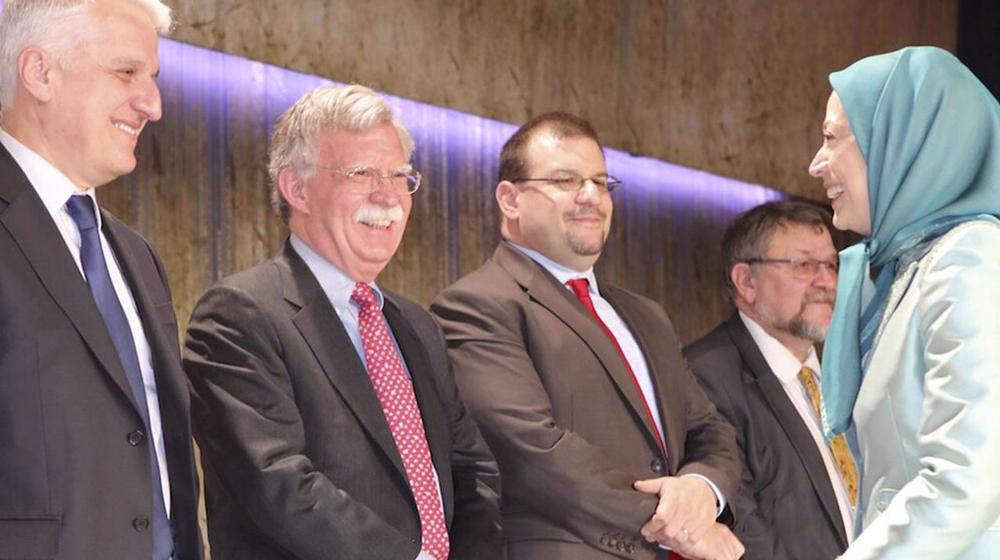
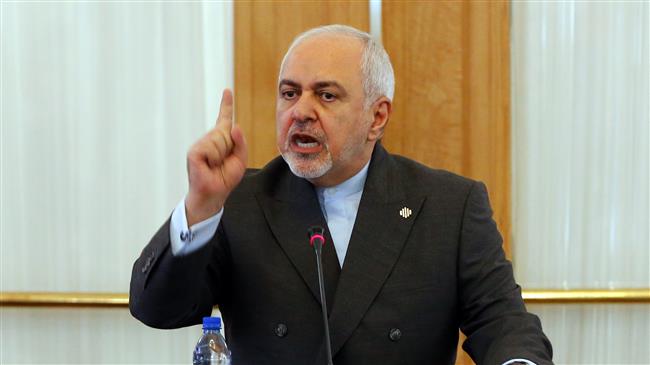
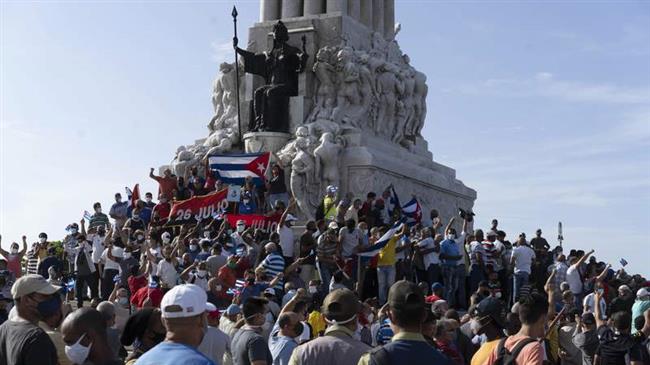
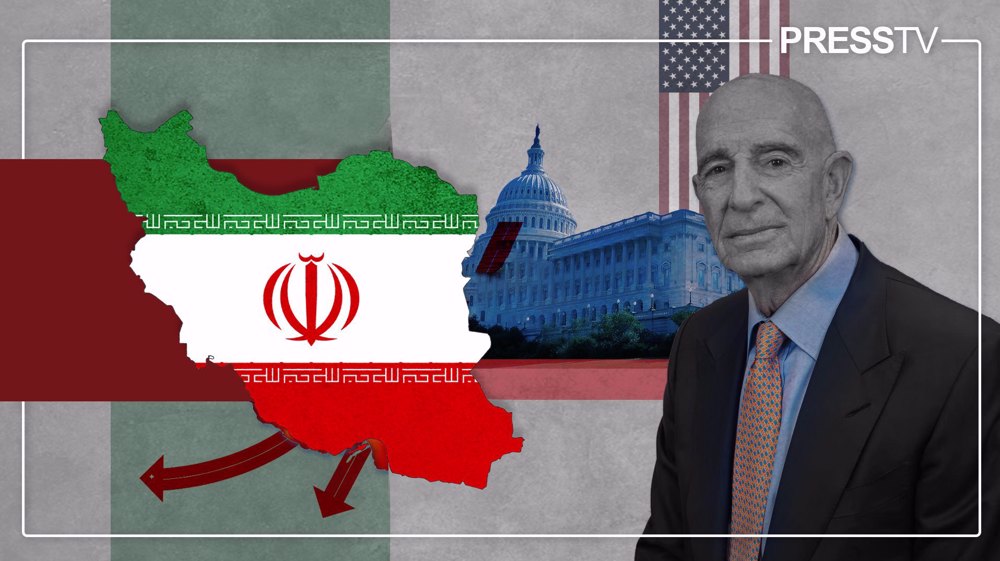
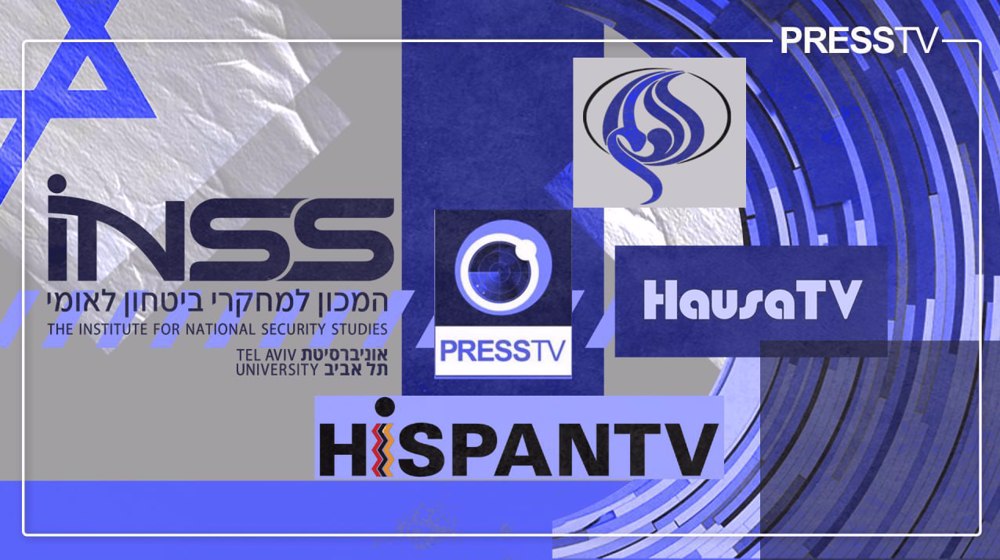




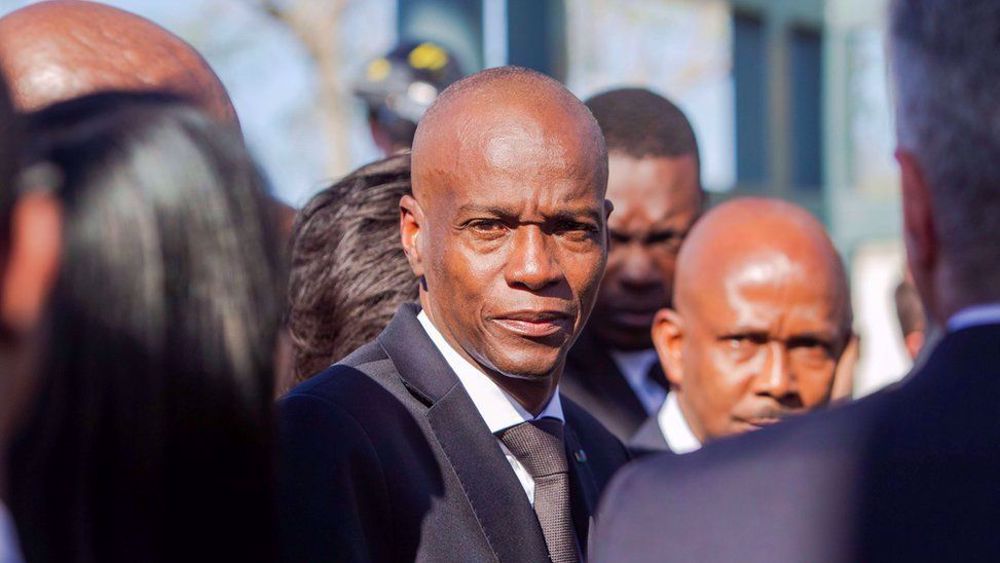
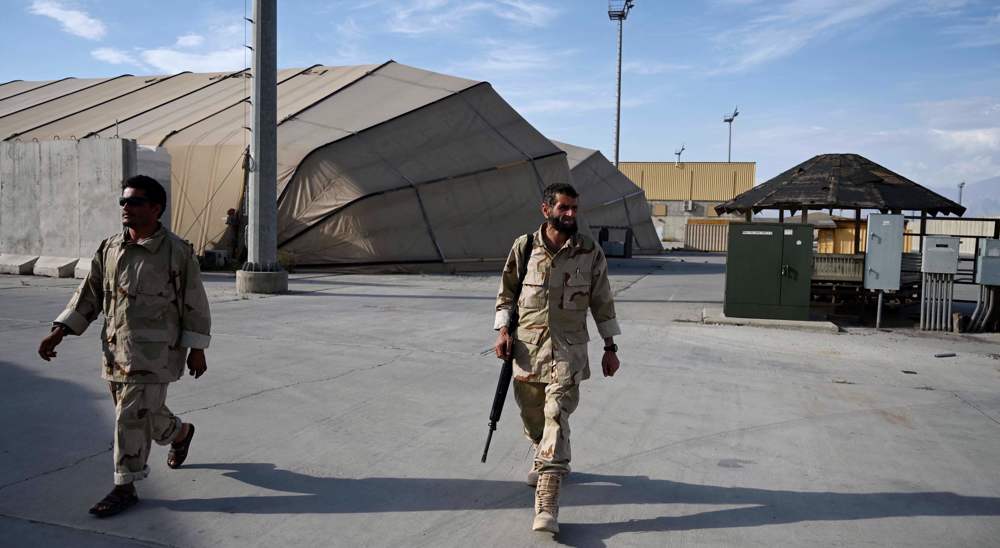
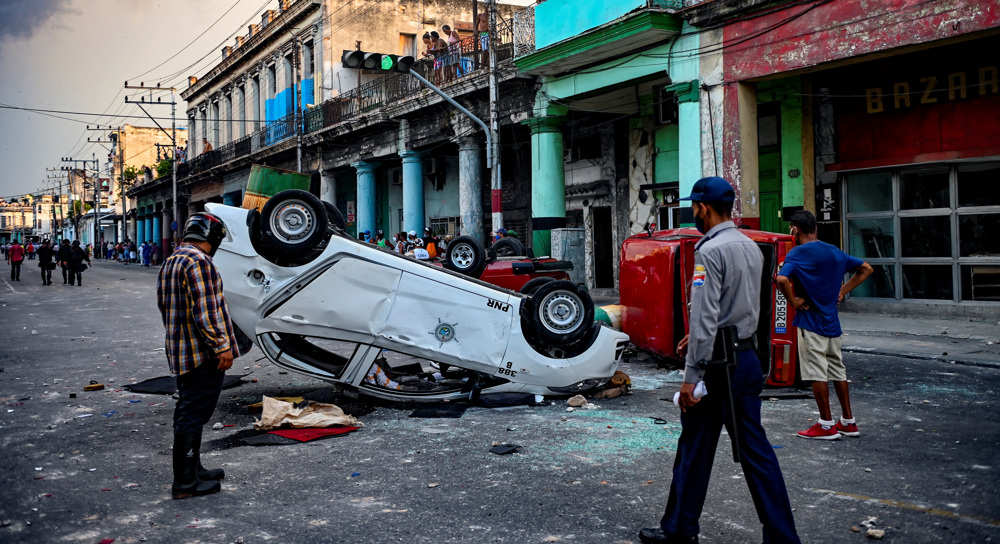
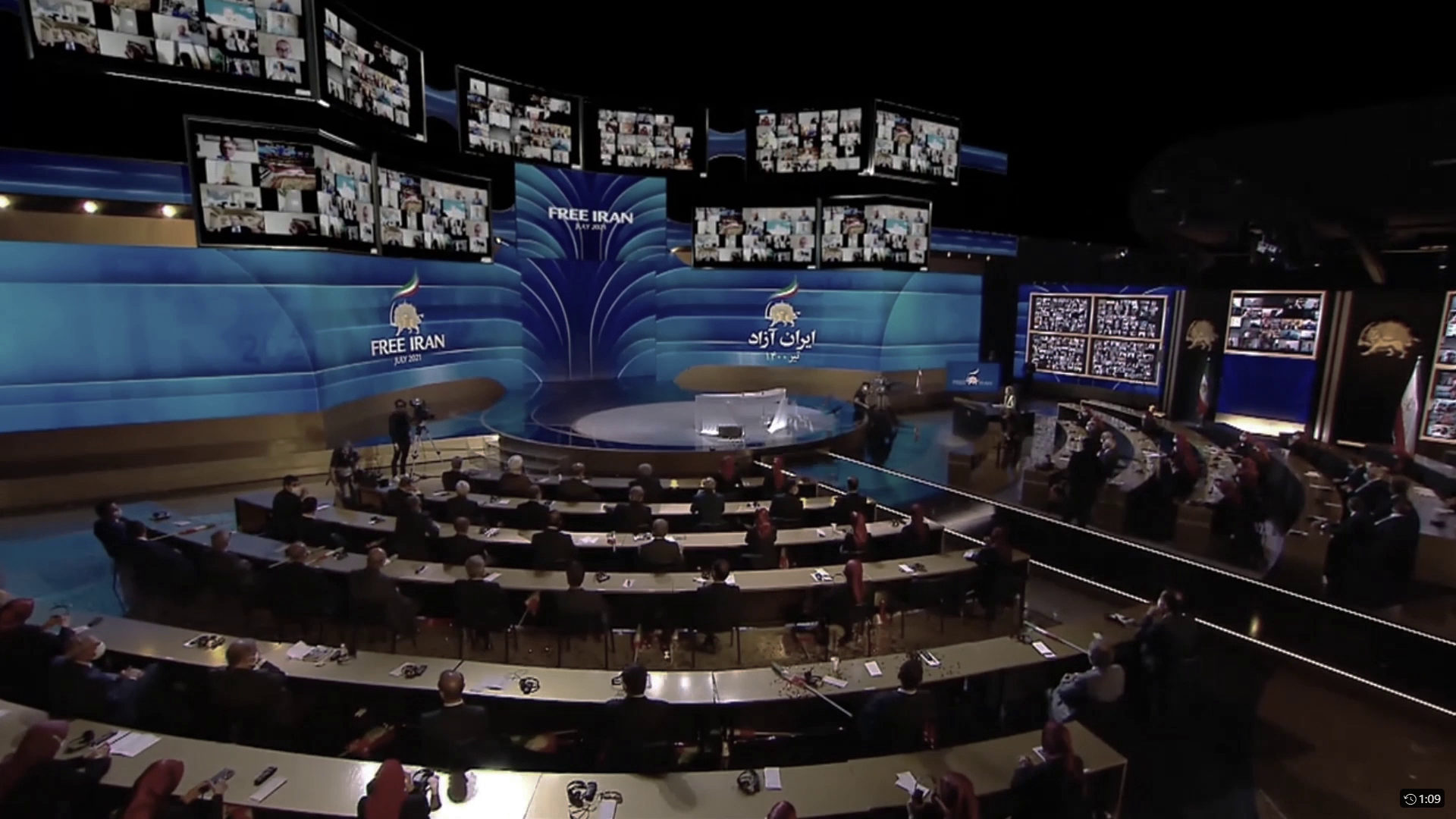
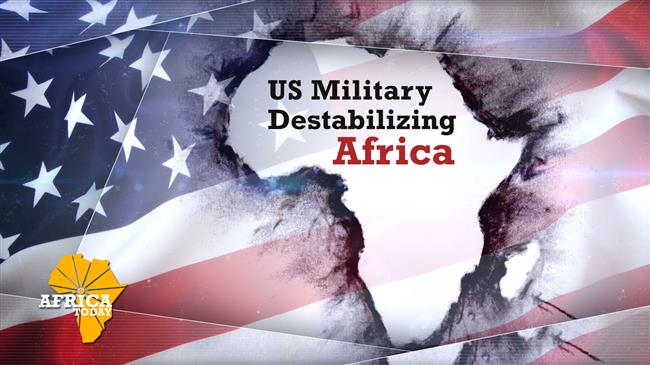
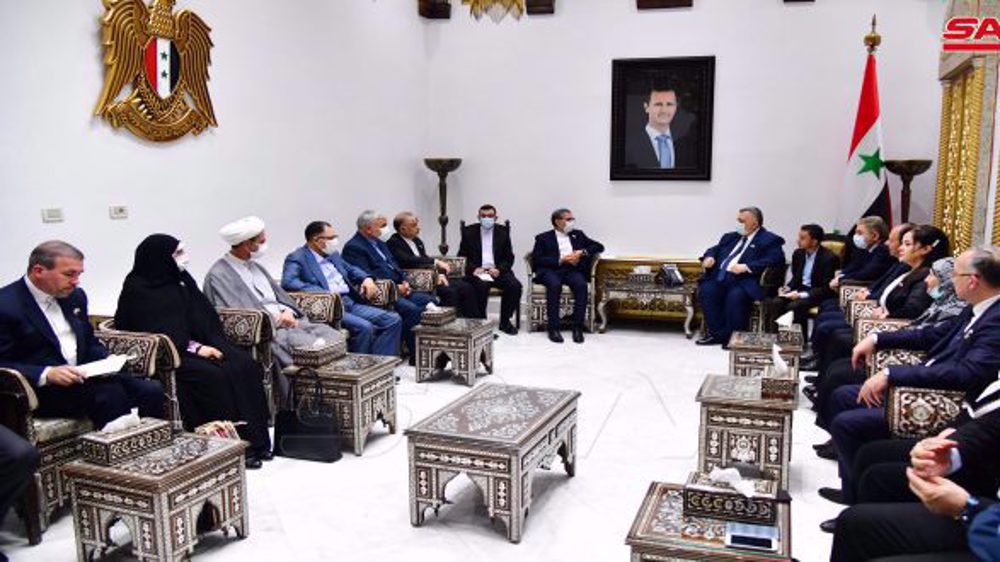
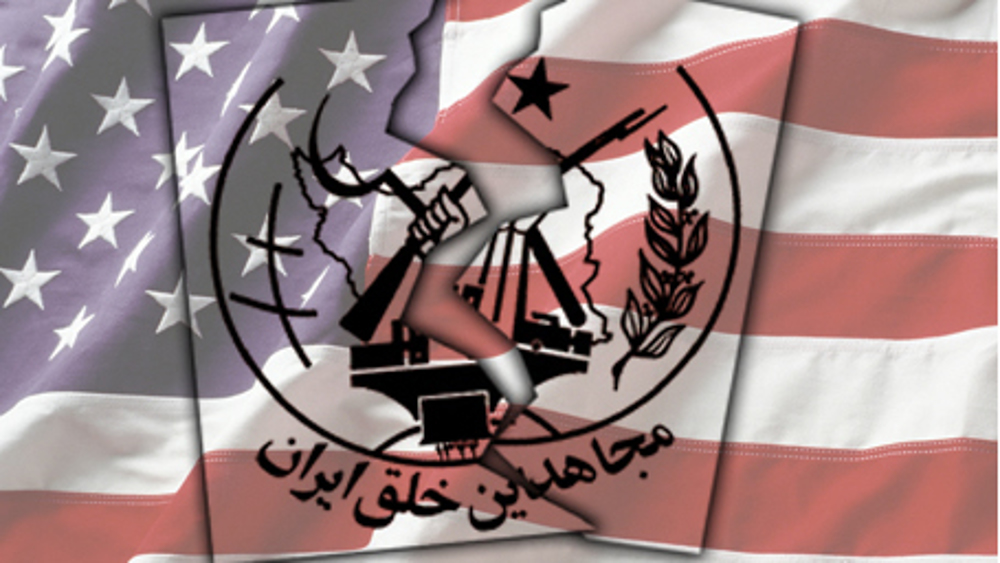
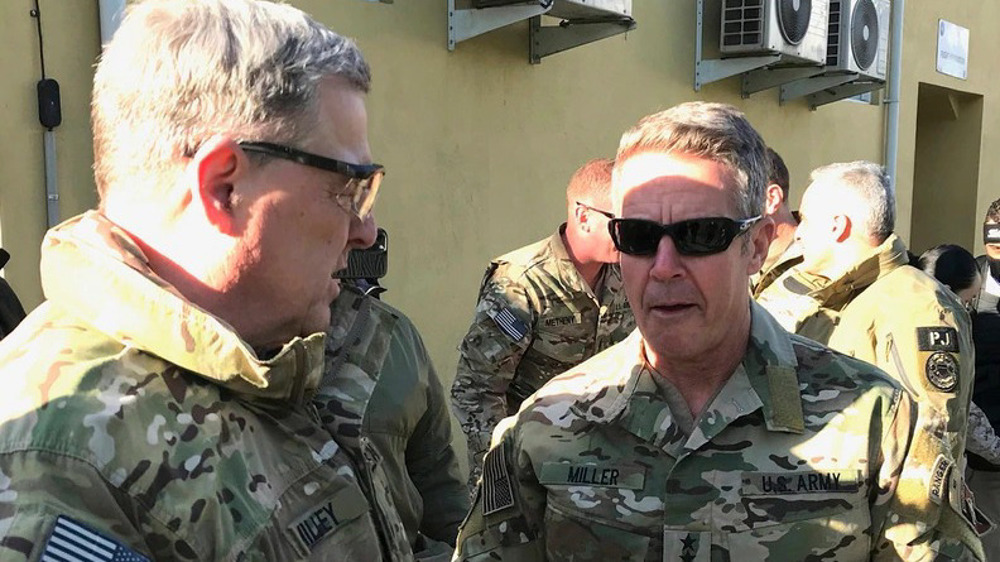
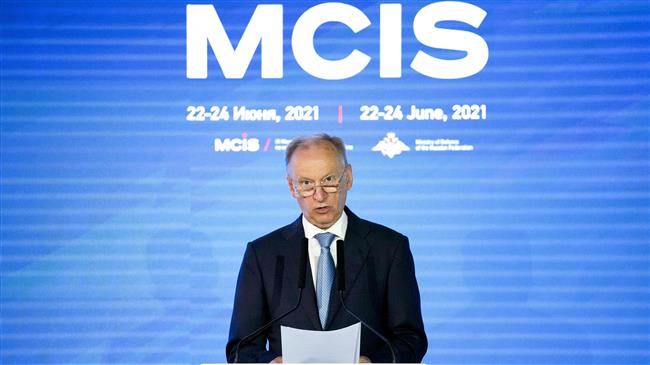
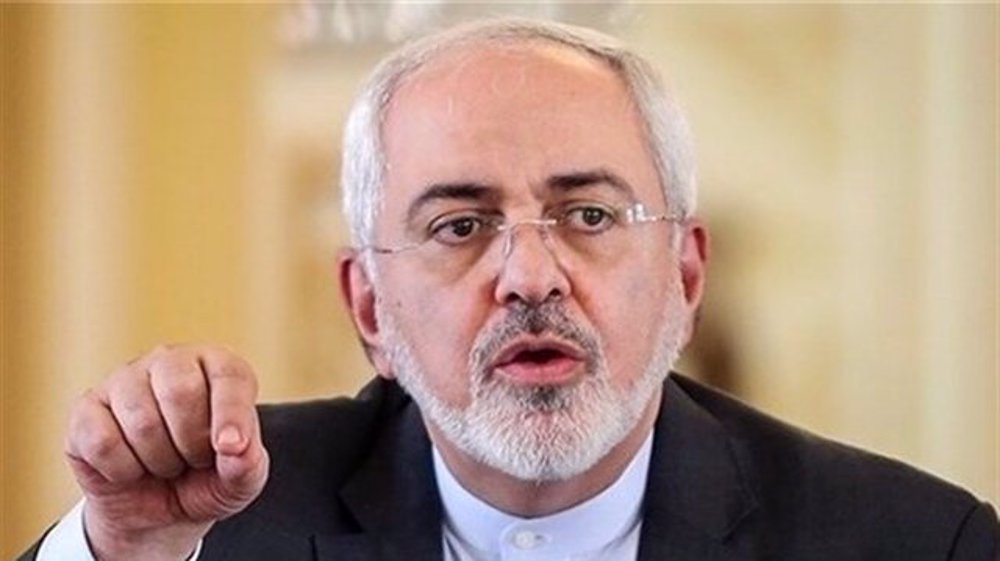

 This makes it easy to access the Press TV website
This makes it easy to access the Press TV website